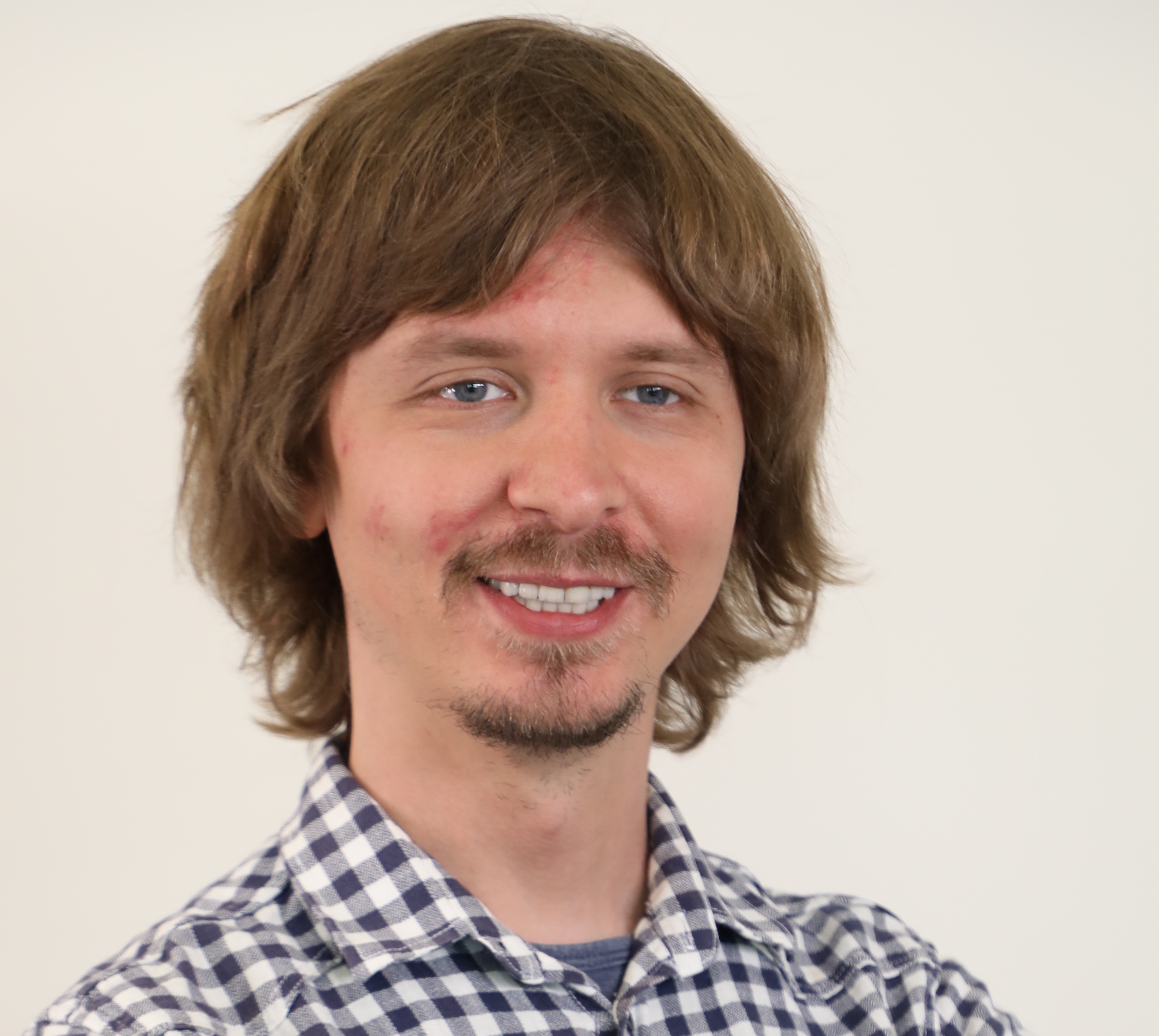Hard skills
Key Career Highlights
TaxDome
https://www.taxdome.comI started as a first full-time UX researcher, shaping the team and its processes. I help product managers improve hypothesis verification, participate in recruitment, and conduct qualitative and quantitative research. My primary methods include in-depth interviews, usability tests, surveys, card sorting, expert interviews, competitive analysis, and usability audits.
UCRAFT
https://www.ucraft.comAs a Senior UX Researcher, I was responsible for developing the research department, educating UX interns, setting up the research process and planning and conducting research studies.
OTKRITIE BANK
https://www.open.ruWe started our UX team in the Small / Medium-sized enterprises dept together with a colleague. After six months, our UX team of five researchers conducts all kinds of qualitative research and responds to all discovery needs. My core task was not only to provide everything necessary for a successful discovery phase but also to keep an eye on the emotional health of the team.
CATERME
https://caterme.ruThe growth manager role was new to me. That was the first time I was focused on quantitative research and funnel optimization. I developed product hypotheses based on data and unit economics and performed A/B tests and usability testing. We achieved the performance of one confirmed hypothesis out of 10 and made a local website redesign that decreased the bounce rate.
Starost v Radost Charitable Foundation
https://starikam.orgI launched a successful crowdfunding platform that became part of the fund. I then became the head of digital products, created a digital product team, and was responsible for all digital product decisions. Our team also created the first usability laboratory in a Russian NPO, where I conducted discovery research and UX testing.
Afisha & Rambler
https://www.rambler.ruI began my research career in one of the biggest web services providers with a monthly audience of 40 mln people and 1700+ employees.
Services
Validate product assumptions
Run the research study from the ground up to help you validate your assumptions in the most efficient way possible
Uncover clients' needs
Empower your team to engage in impactful interviews that enable empathic and data-driven decision-making.
Make data explained
Enhance your data-driven culture by integrating qualitative and quantitative methods for better decision-making.
Build UX competency
Creating processes and infrastructure, building the team, and advocating a user-centered approach among stakeholders.
